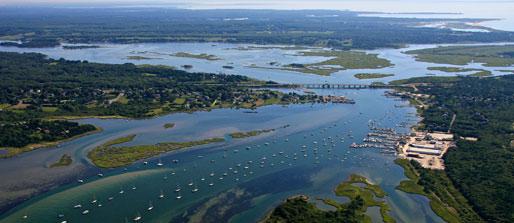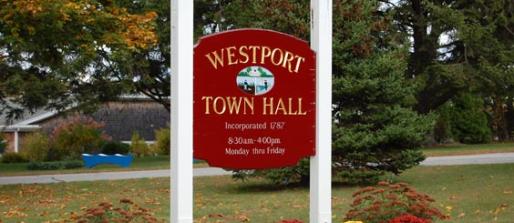About the Finance Committee
Overview
Westport’s Finance Committee is a representative group of taxpayers appointed by the Town Moderator. It serves as the official fiscal watchdog for the town. Finance committees were first formed by a group of Quincy, Massachusetts citizens in 1870. In 1910, the Massachusetts General Court acknowledged the need for finance committees, and Massachusetts General Laws, Chap. 39, Sec. 16 defines the role and duties of the committees today.
The power of the Finance Committee is almost exclusively:
- Informational: Researching and developing facts about town finance.
- Educational: Attempting to share those facts with town residents in an accessible fashion and to continually obtain feedback regarding them.
- Advisory: Recommending to Town Meeting what action it should take in light of those facts.
- Oversight: Representing Town Meeting in monitoring operations under the budget during the fiscal year.
Town Meeting, as the town's legislative branch, has the last word with respect to establishing Westport’s annual budget. Although the Finance Committee has the obligation to recommend a budget to Town Meeting, it is up to Town Meeting to make a decision as to what that budget will be, subject to the following limits:
- Balanced Budget: Budgeted expenses may not exceed estimated revenues.
- Proposition 2 ½: Revenue from real estate taxes may not increase more than 2 1/2% from the previous year.
- School Committee Internal Budgeting Discretion: Although Town Meeting’s vote is binding as to the internal allocation of expenses and revenues presented in the Town Budget, it is binding on the School Budget only as to the bottom line amount. By state law, the schools are given the discretion of making changes to internal allocation of their expenses and revenues as the school year progresses.
- Resort to Reserve Fund and End of Year Transfers: State law provides the Finance Committee with two direct financial powers (as opposed to the informational ones mentioned above):
- To make transfers from the Town’s Reserve Fund “for extraordinary and unforeseen occurrences,” and
- To approve with the Board of Selectmen limited transfers between budget allocations during the last two months of the fiscal year and the first fifteen days of the next year.
In addition to its research and advisory role at Town Meeting, the committee plays a vital role in financial planning for the town.







